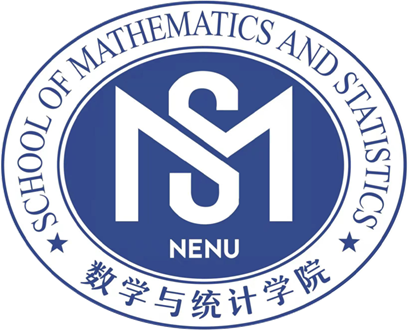报告人:Chao Huang
报告地点:腾讯会议ID:379-126-657
报告时间:2022年11月29日星期二8:30-9:30
报告摘要:
The problem of using covariates to predict shapes of objects in a regression setting is important in many fields. A formal statistical approach, termed geodesic regression model, is commonly used for modeling and analyzing relationships between Euclidean predictors and shape responses. Despite its popularity, this model faces several key challenges, including (i) misalignment of shapes due to pre-processing steps, (ii) difficulties in shape alignment due to imaging heterogeneity, and (iii) lack of spatial correlation in shape structures. We propose a comprehensive geodesic factor regression model that addresses all these challenges. Instead of using shapes as extracted from pre-registered data, it takes a more fundamental approach, incorporating alignment step within the proposed regression model and learns them using both pre-shape and covariate data. Additionally, it specifies spatial correlation structures using low-dimensional representations, including latent factors on the tangent space and isotropic error terms. Furthermore, the geodesic factor regression model is extended to a mixture of geodesic factor regression model, which can cluster objects and recover the underlying sub-group structure according to their shapes and covariates in Euclidean space. Both simulation studies and real data analysis are conducted to compare the performance of our proposed method with other existing methods.
主讲人简介:
Dr. Chao Huang is a tenure-track assistant professor of statistics and courtesy assistant professor of biomedical sciences at Florida State University. He received his Ph.D. in biostatistics from the University of North Carolina at Chapel Hill. Dr. Huang has been working on several biomedical studies and developing statistical learning methodology to address a variety of complex problems including heterogeneous imaging data integration and neuroimaging biomarkers identification for mental health diseases. His imaging heterogeneity detection tools have already found applications in diverse areas such as psychology, aging, radiation oncology, and imaging genetics. Till now Dr. Huang has published over 40 articles in tier-1 peer-reviewed journals and top conferences. His research projects have been strongly supported by both internal grants at Florida State University and external grants from National Science Foundation.

